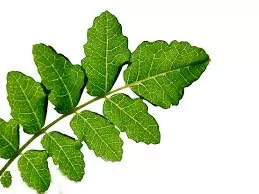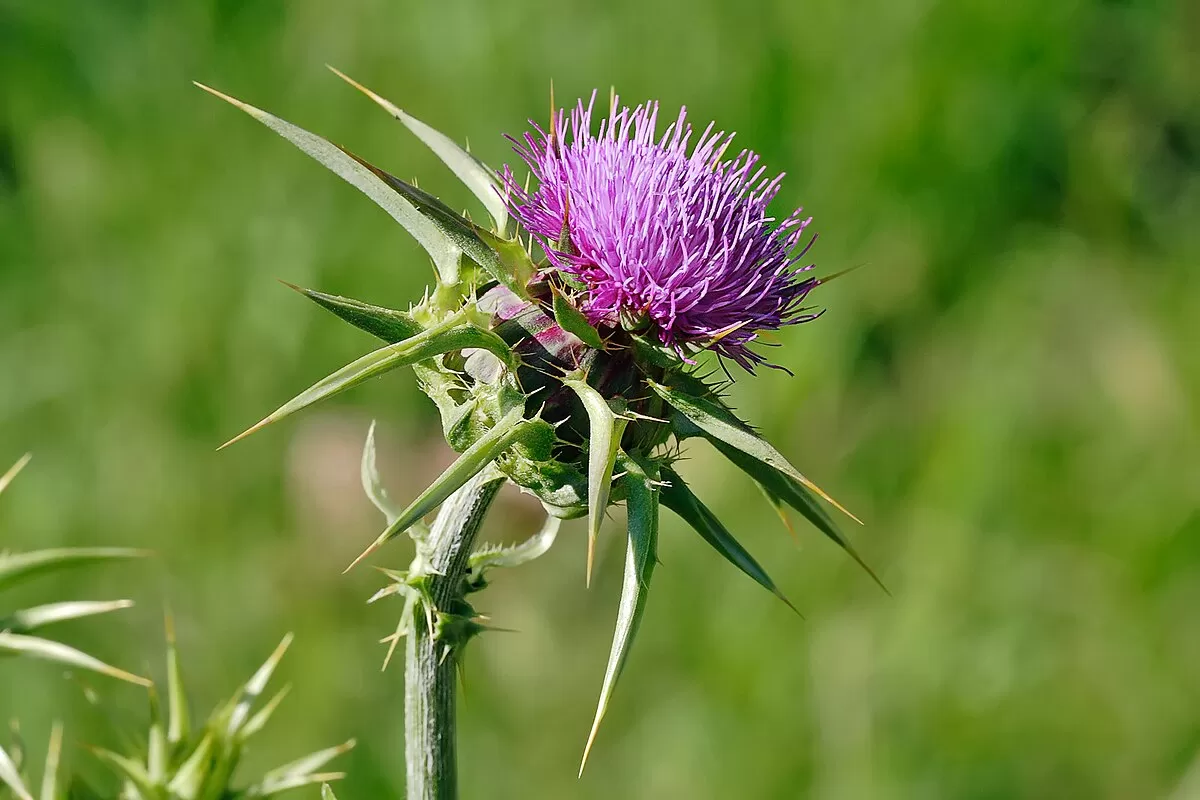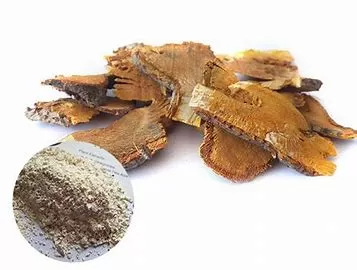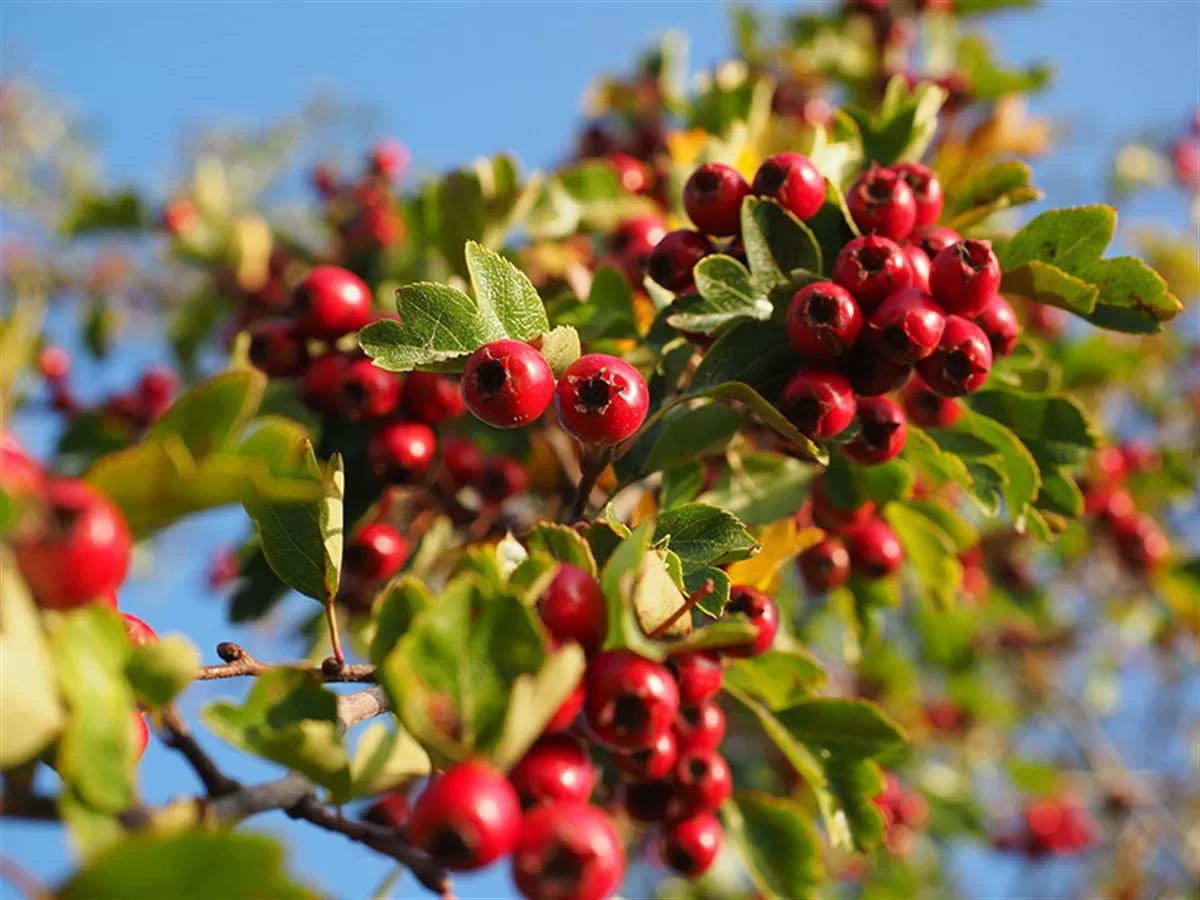- 0086-571-85302990
- sales@greenskybio.com
6 Natural Strategies for Managing Spring Allergies
2025-04-17
As spring arrives, millions of people brace for the inevitable onset of seasonal allergies, bringing with them symptoms like sneezing, congestion, and itchy eyes. While conventional solutions such as antihistamines and nasal sprays are widespread, there is a growing interest in natural remedies to manage these discomforts.
Natural alternatives like black cumin seed oil, mullein tincture, marshmallow root tea, liposomal vitamin C, serrapeptase, and Quercetin are gaining popularity for their ability to improve mucous membrane function, decrease inflammation, and regulate immune responses. This article delves into how these natural remedies can effectively help manage allergy symptoms.
Natural Remedies for Allergy Relief
Discover several natural ways to bolster your body against allergies:
1. Black Cumin Seed Oil
Known scientifically as Nigella sativa, black cumin seed oil has a long history in traditional medicine, celebrated for its anti-inflammatory and immune-modulating effects. Research indicates it helps stabilize mast cells, thus minimizing histamine release—the main trigger of allergy symptoms. Additionally, it supports mucous membrane health to curb excessive mucus production and congestion.
2. Mullein Tincture
Renowned for soothing respiratory irritation and drying excess mucus, mullein (Verbascum thapsus) has powerful expectorant properties that help clear congestion. Its anti-inflammatory properties can alleviate throat and sinus irritation, making it beneficial for those with post-nasal drip or persistent coughs from allergies.
3. Marshmallow Root Tea
Containing mucilage, marshmallow root (Althaea officinalis) forms a gel-like substance that coats and soothes irritated mucous membranes in the throat and nasal passages. It alleviates dryness and inflammation while promoting healing, providing comfort from scratchy throats and persistent coughing.
4. Liposomal or Intravenous Vitamin C
A potent antioxidant, vitamin C aids immune function and lowers histamine levels. Liposomal vitamin C, with its improved absorption, effectively combats oxidative stress from allergic reactions and enhances the body’s natural defenses against pollen. Intravenous Vitamin C treatments have shown promise in reducing allergy symptoms.
5. Serrapeptase
Derived from silkworms, serrapeptase is an enzyme that breaks down excess mucus and proteins in the body, helping to reduce inflammation in the sinuses and respiratory tract. It facilitates easier breathing and may clear biofilm—a protective barrier that can trap allergens and bacteria in the nasal passages.
6. Quercetin
A flavonoid found in foods like onions and apples, Quercetin acts as a natural antihistamine by stabilizing mast cells to prevent excess histamine release. It also reduces airway inflammation and supports immune regulation, making quercetin supplements a helpful choice for allergy sufferers when taken before pollen season begins.
Holistic Strategies Improve Quality of Life
With allergy seasons becoming longer and more intense, it is crucial to find effective relief methods. While conventional treatments remain essential, natural remedies offer a holistic approach to managing symptoms. These remedies function by improving mucous membrane health, reducing inflammation, and regulating immune responses. Recent reports emphasize the importance of proactive measures—such as beginning treatments early and minimizing pollen exposure—to effectively handle allergies. By integrating these natural solutions, individuals can achieve lasting relief and enjoy the spring season more comfortably.
Current allergy forecasts show that rising pollen levels are exacerbating seasonal allergies, prolonging their duration. Additionally, aluminum-containing vaccines have triggered allergic and autoimmune-type reactions, increasing children's vulnerability to chronic sinusitis, for instance. Experts advocate for early intervention, whether through medications or natural remedies, to alleviate symptoms.
Dr. Payel Gupta notes, "Because spring allergies can start as early as February, and weed pollen allergies can last as late as November, we’re really not having much respite from allergies." This underscores the necessity of proactive allergy management, whether using conventional treatments or natural alternatives. Strengthening mucous membranes, reducing inflammation, and regulating immune function can better help individuals navigate allergy season.
-
Passion Fruit: Health Benefits and Enjoy
2025-04-17
-
Hops: All You Need to Know
2025-04-17
-
Hawthorn: What You Need to Know
2025-04-17














